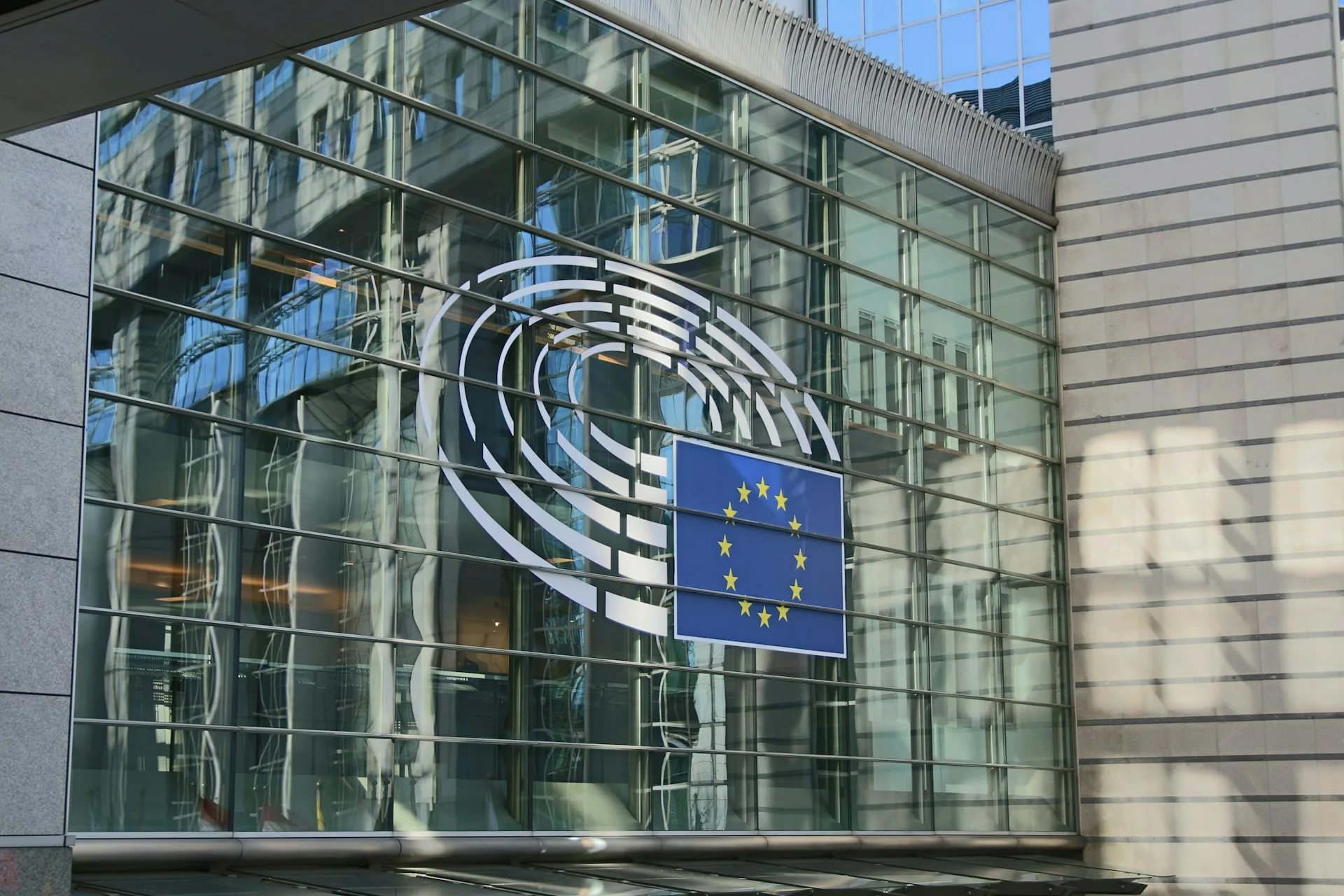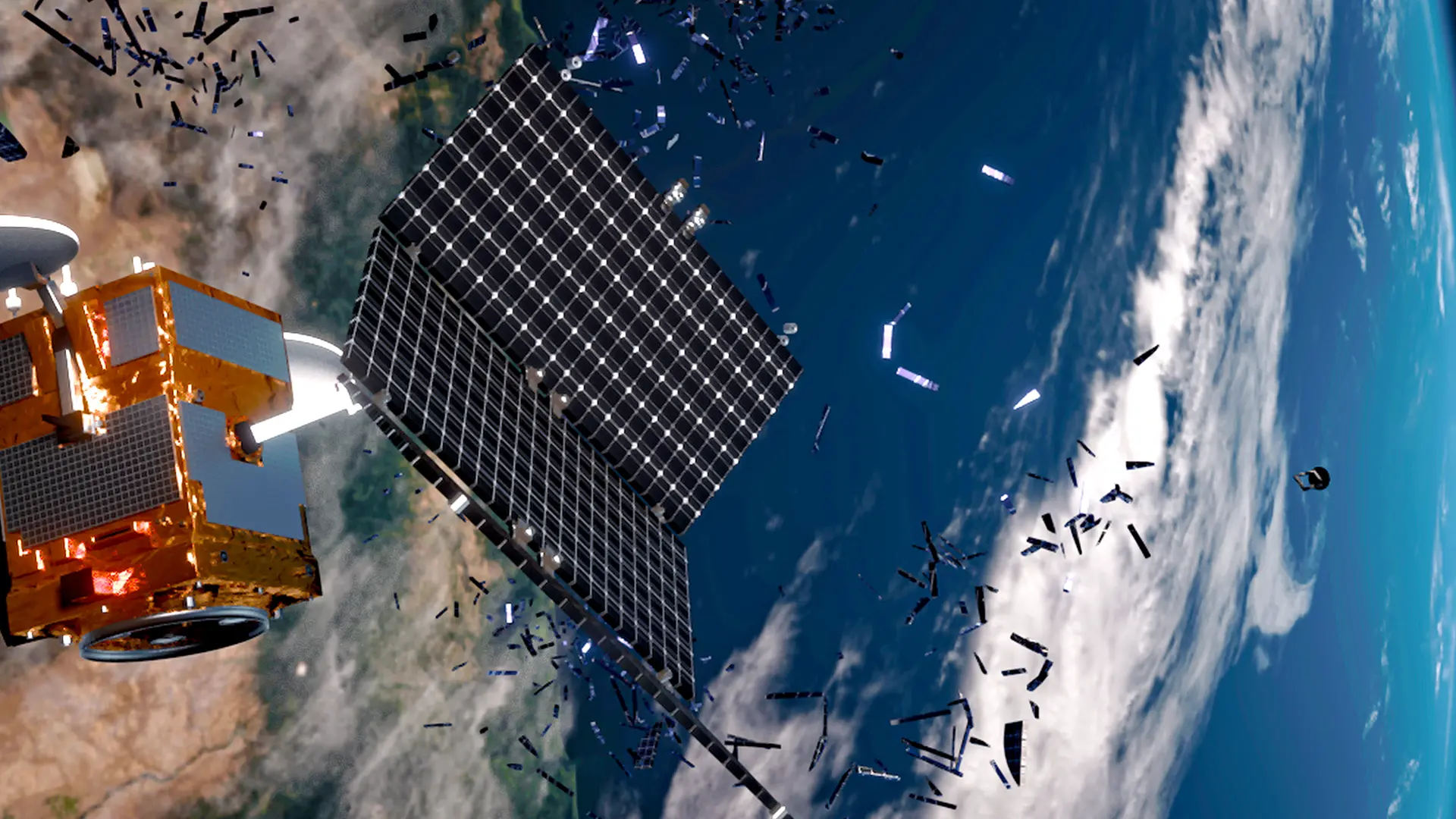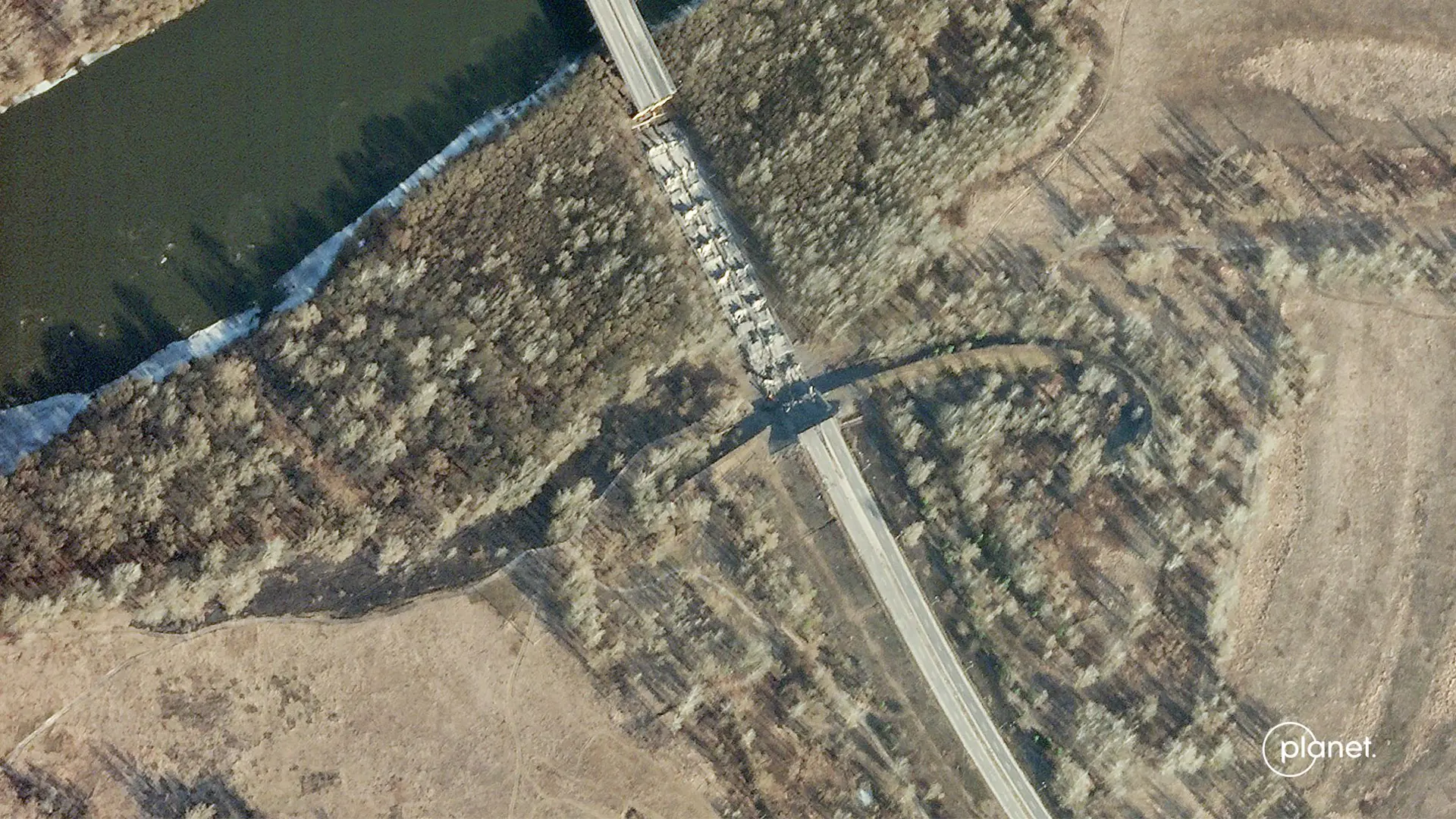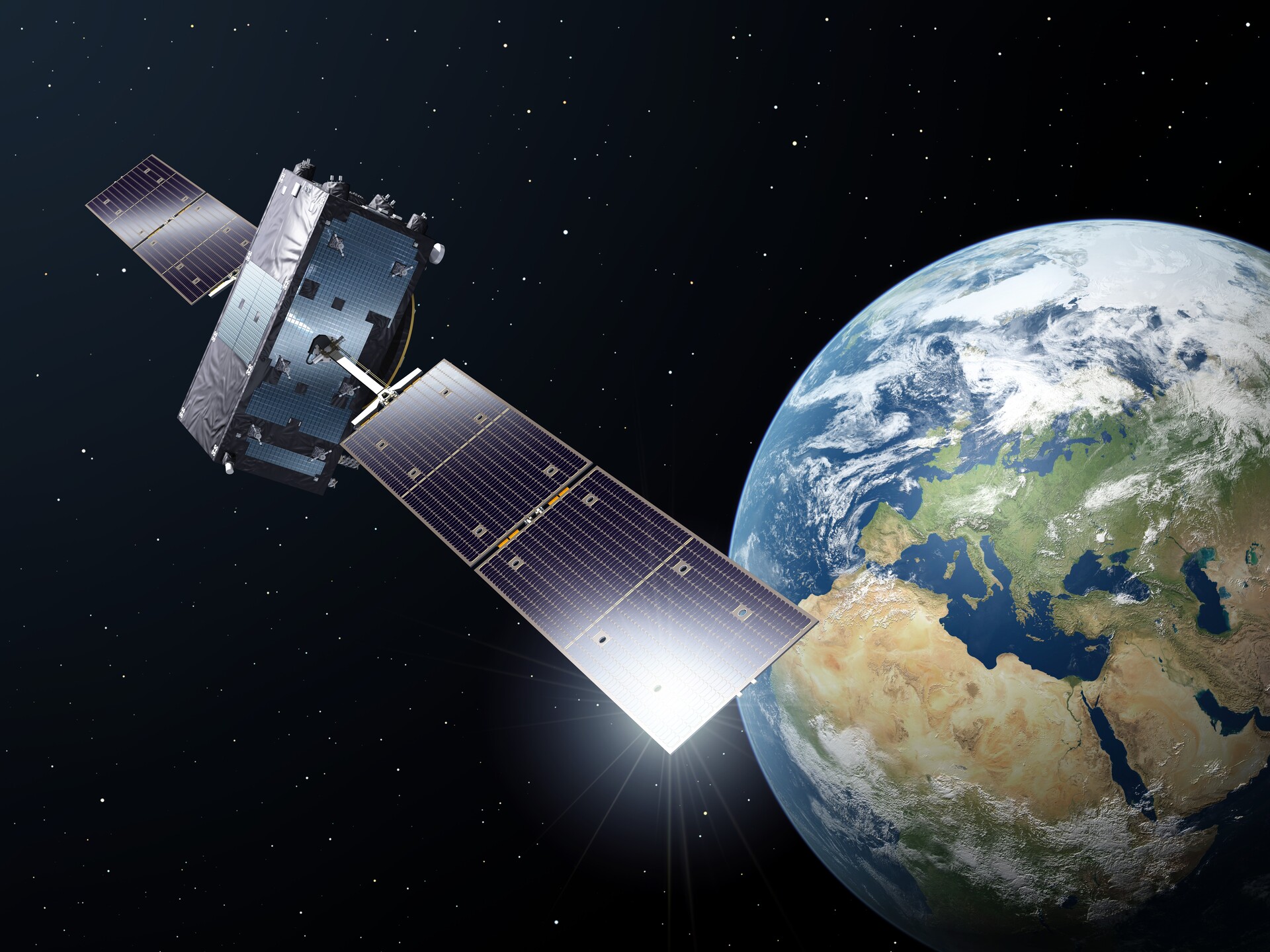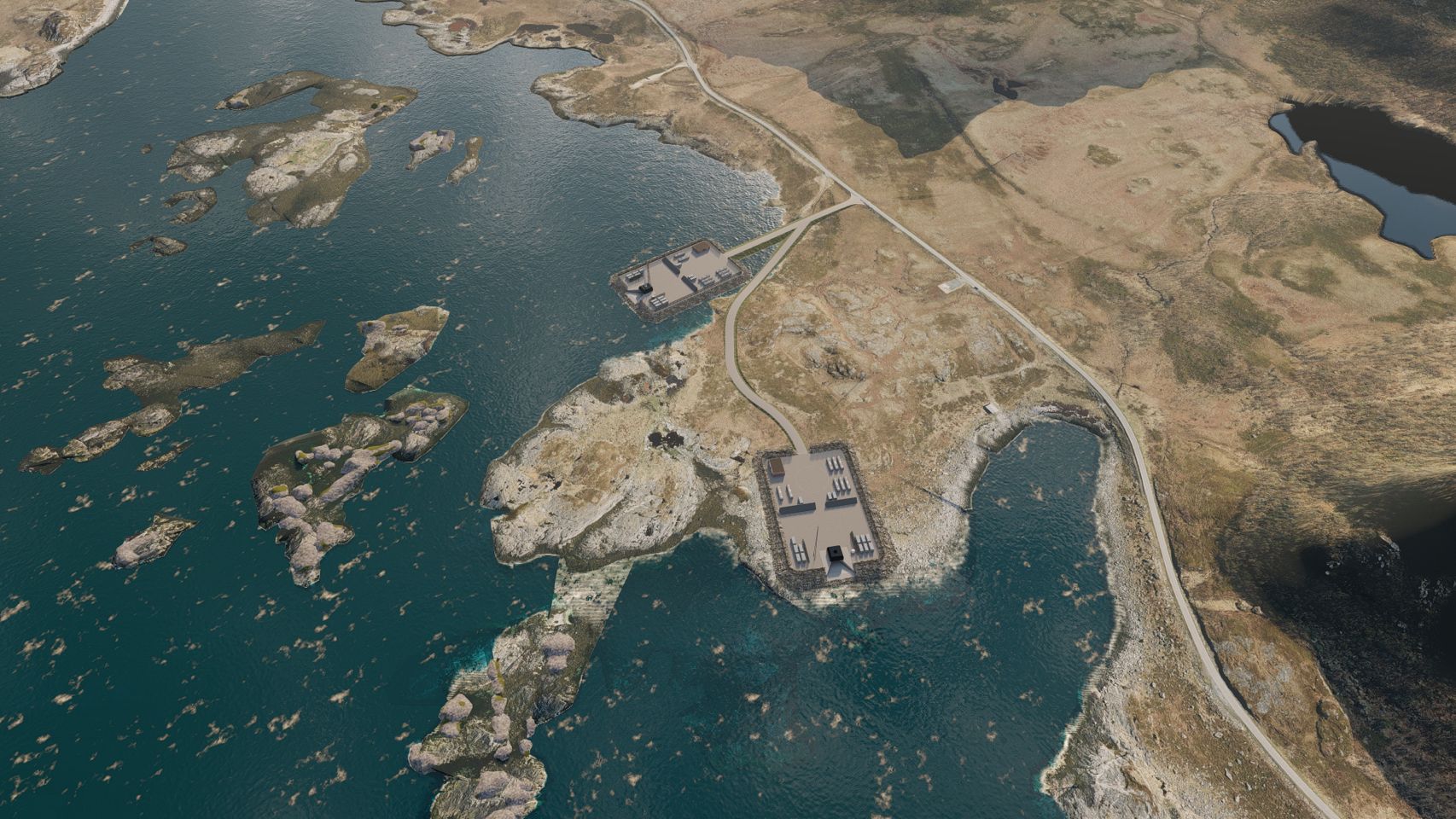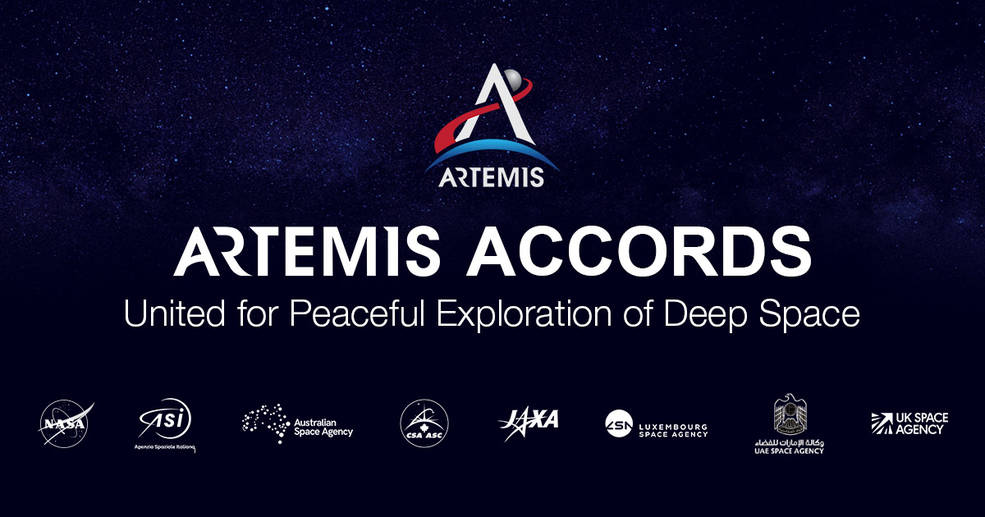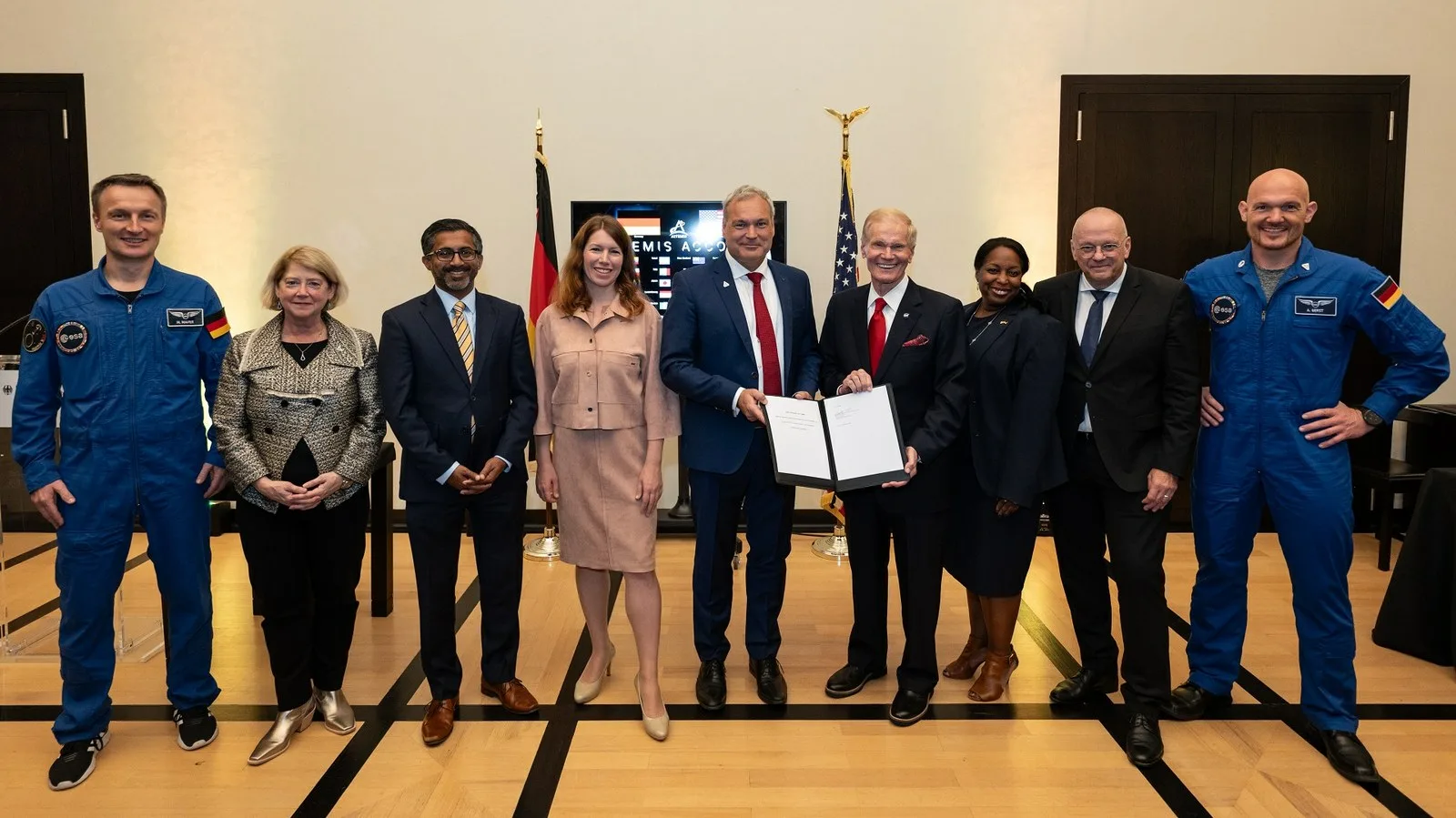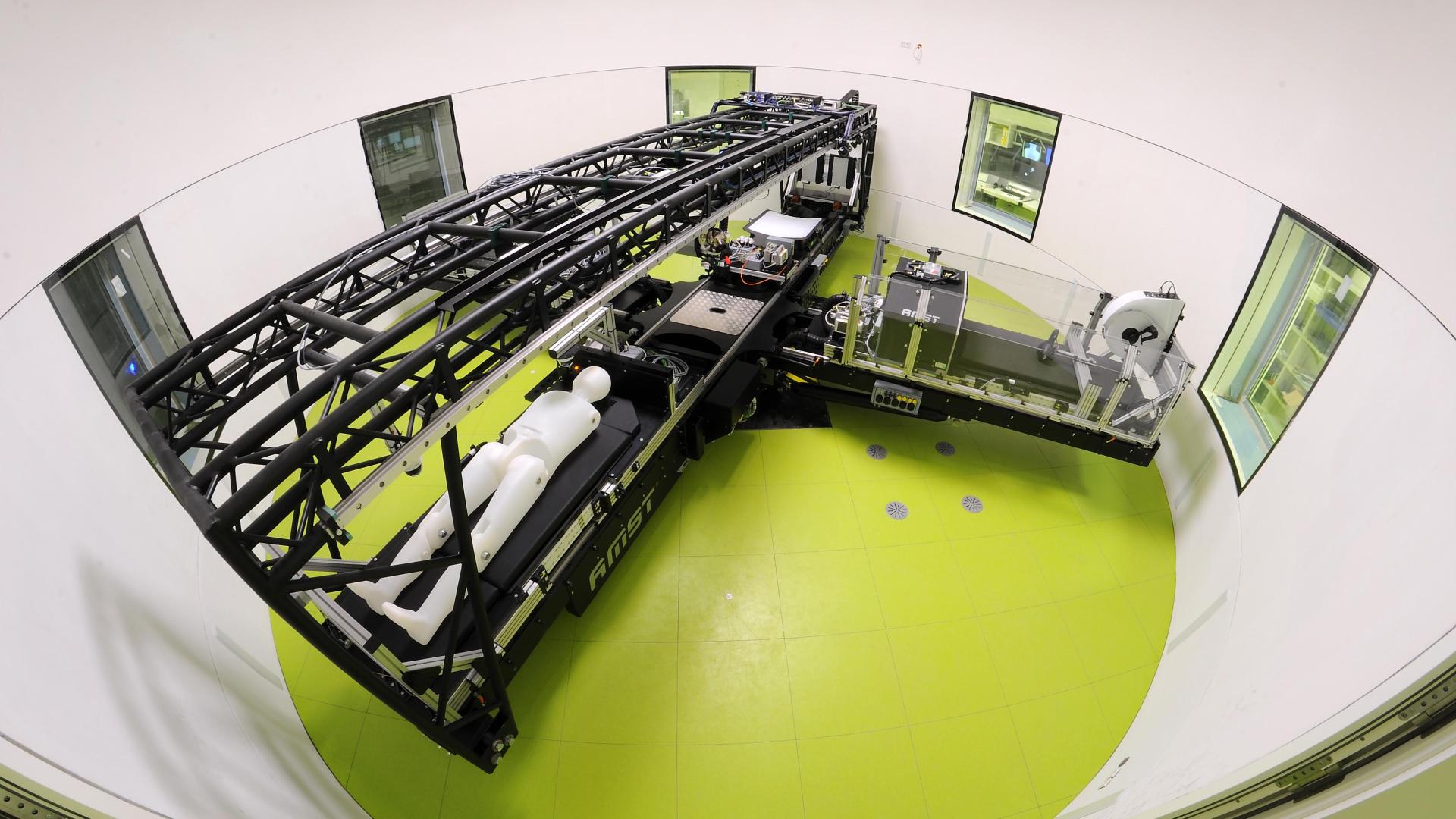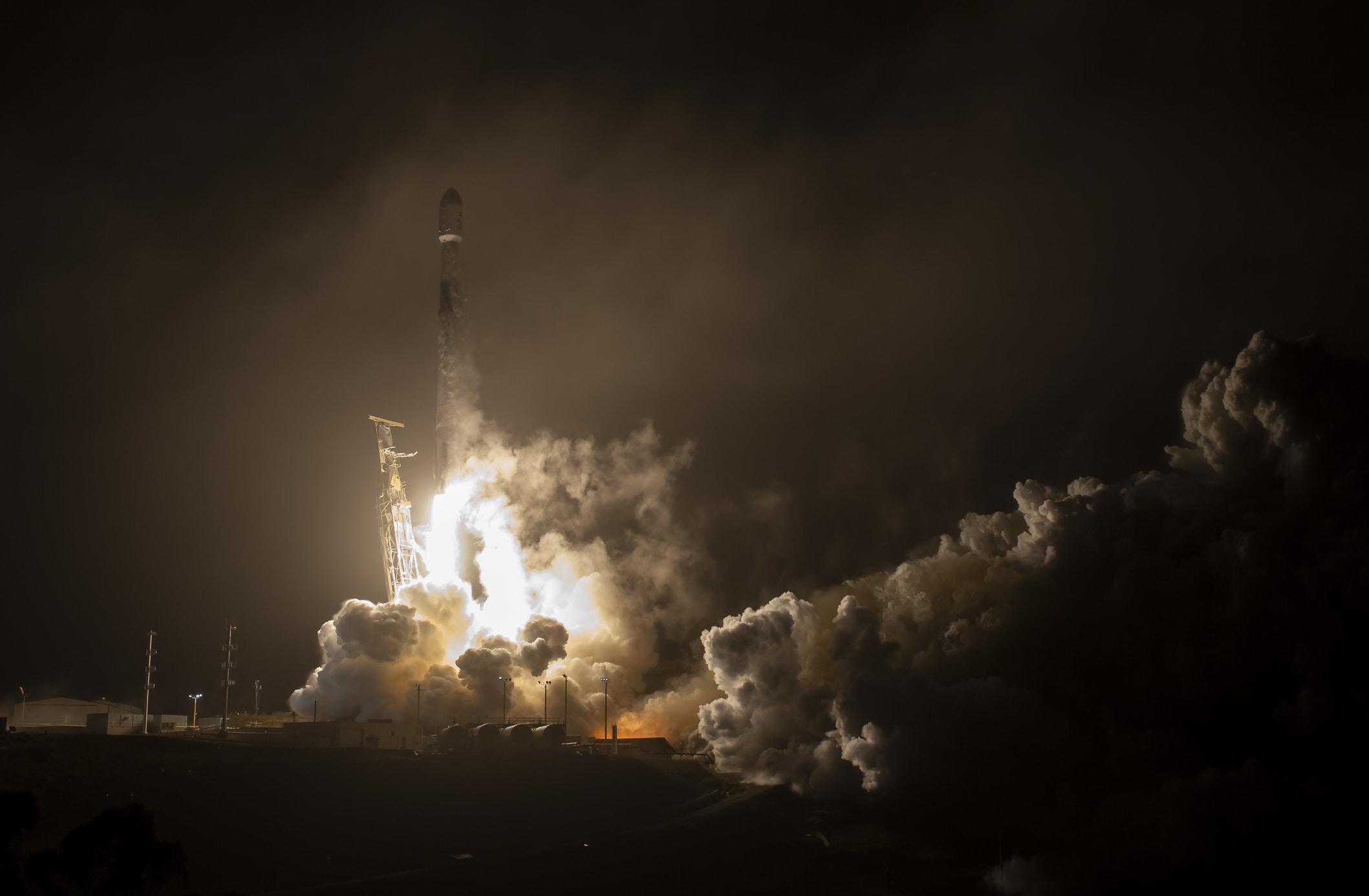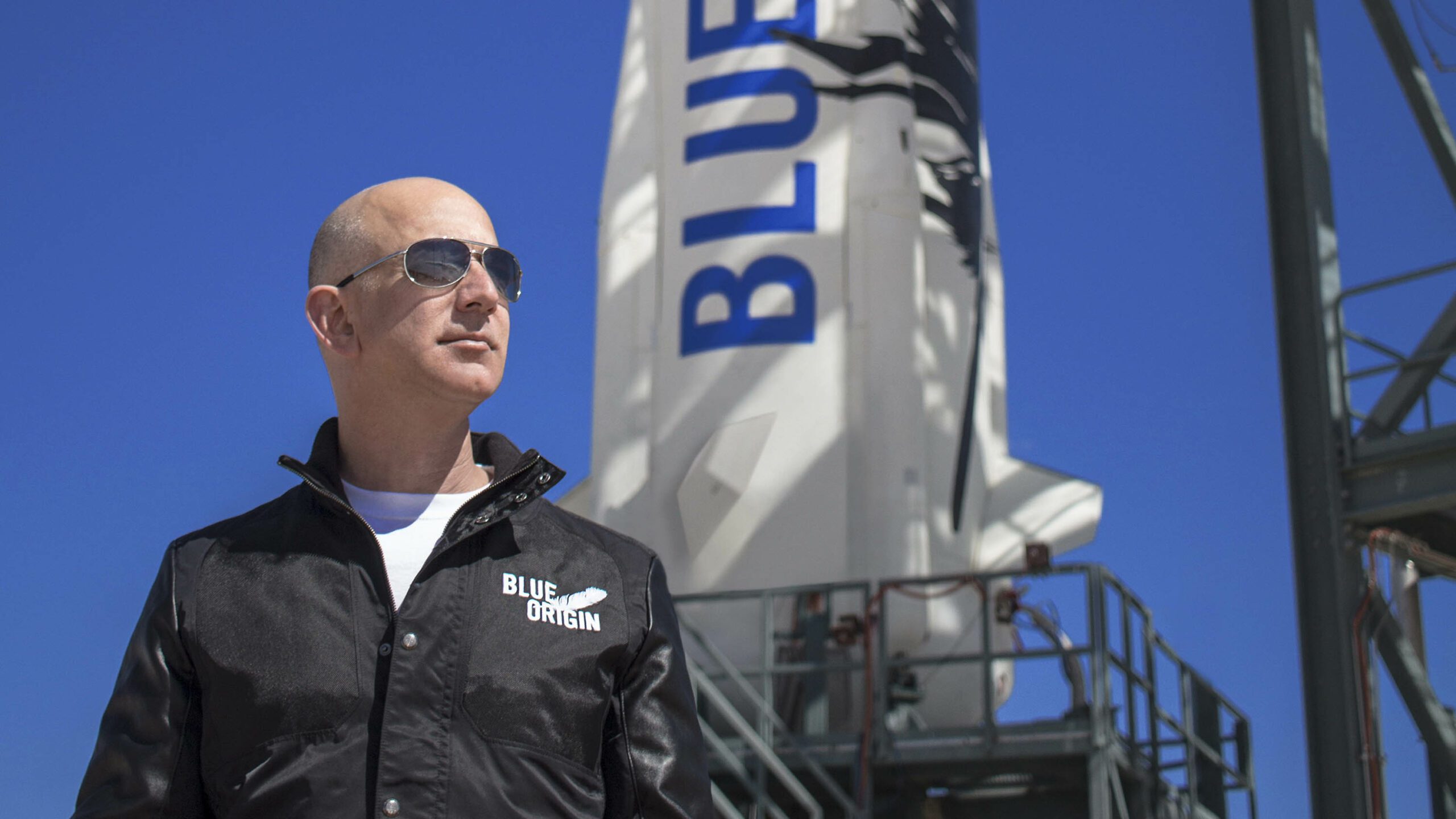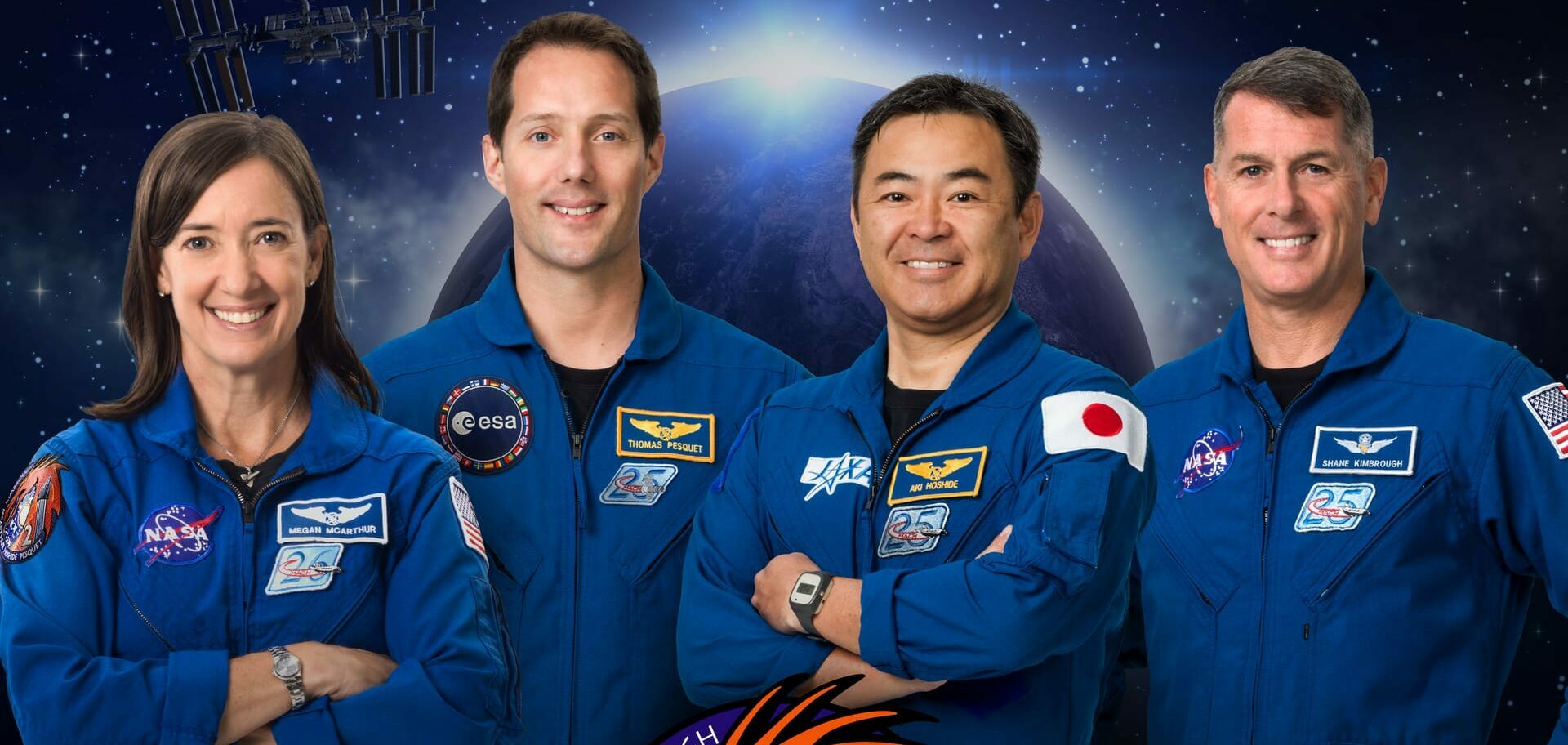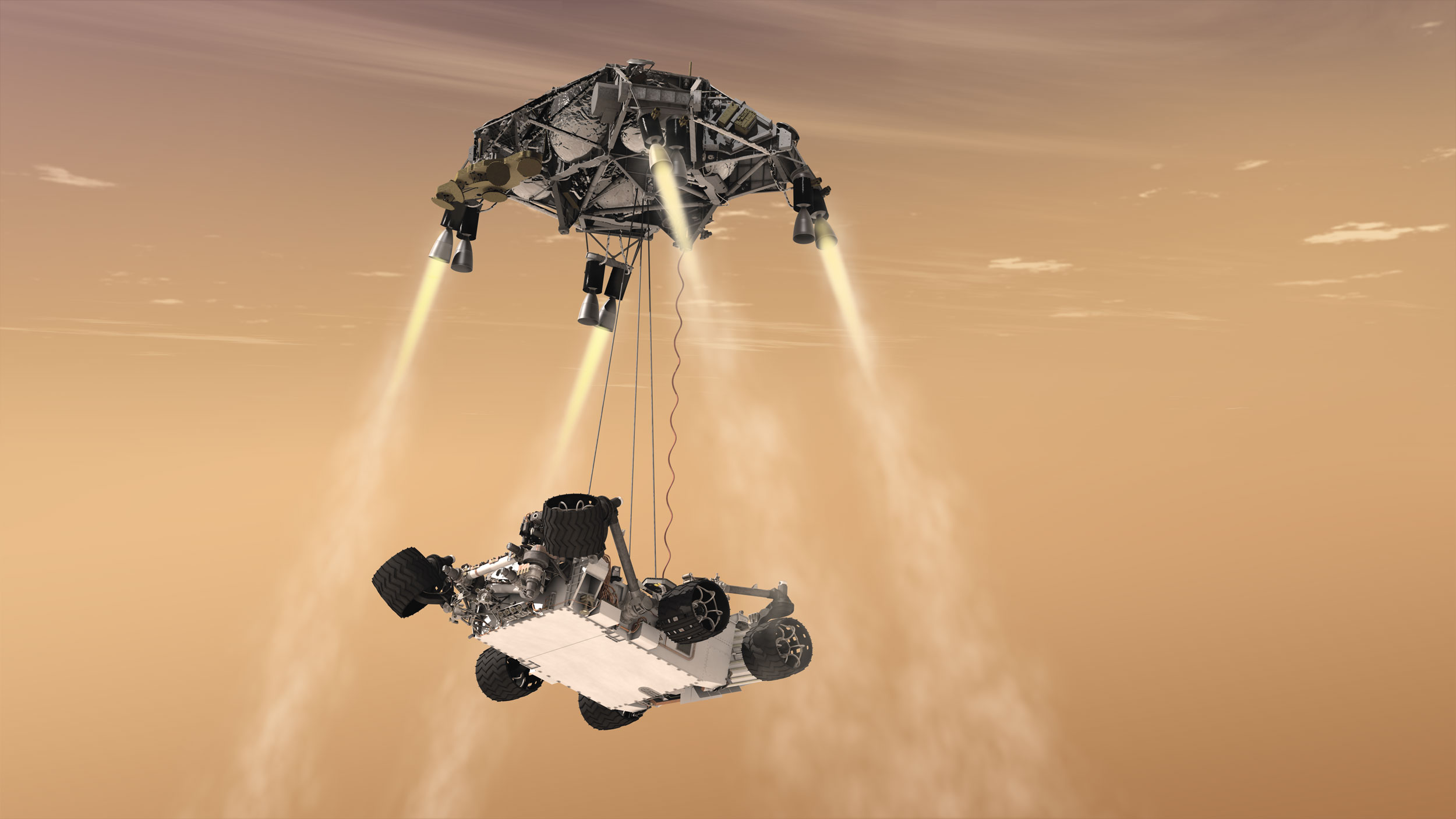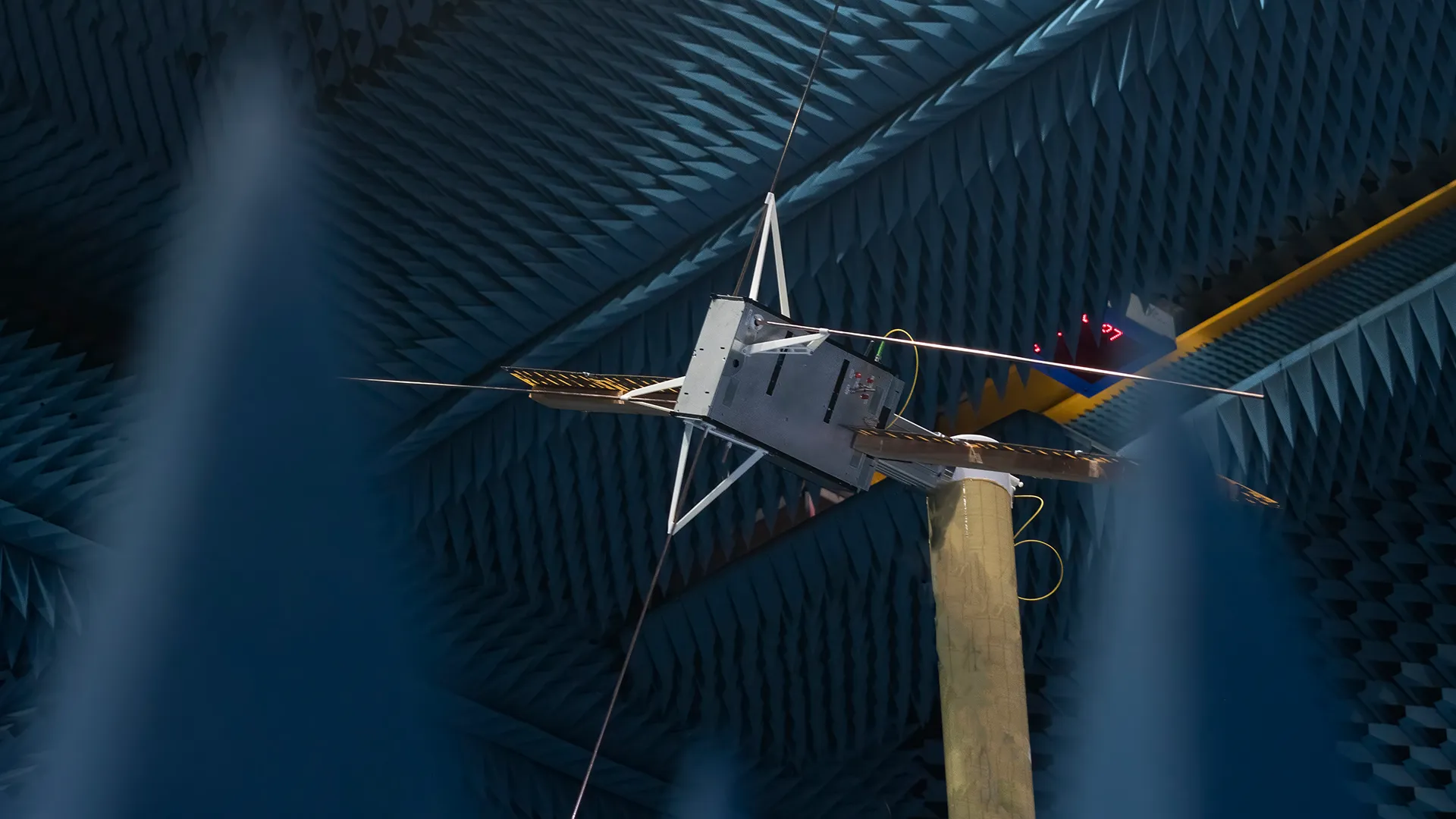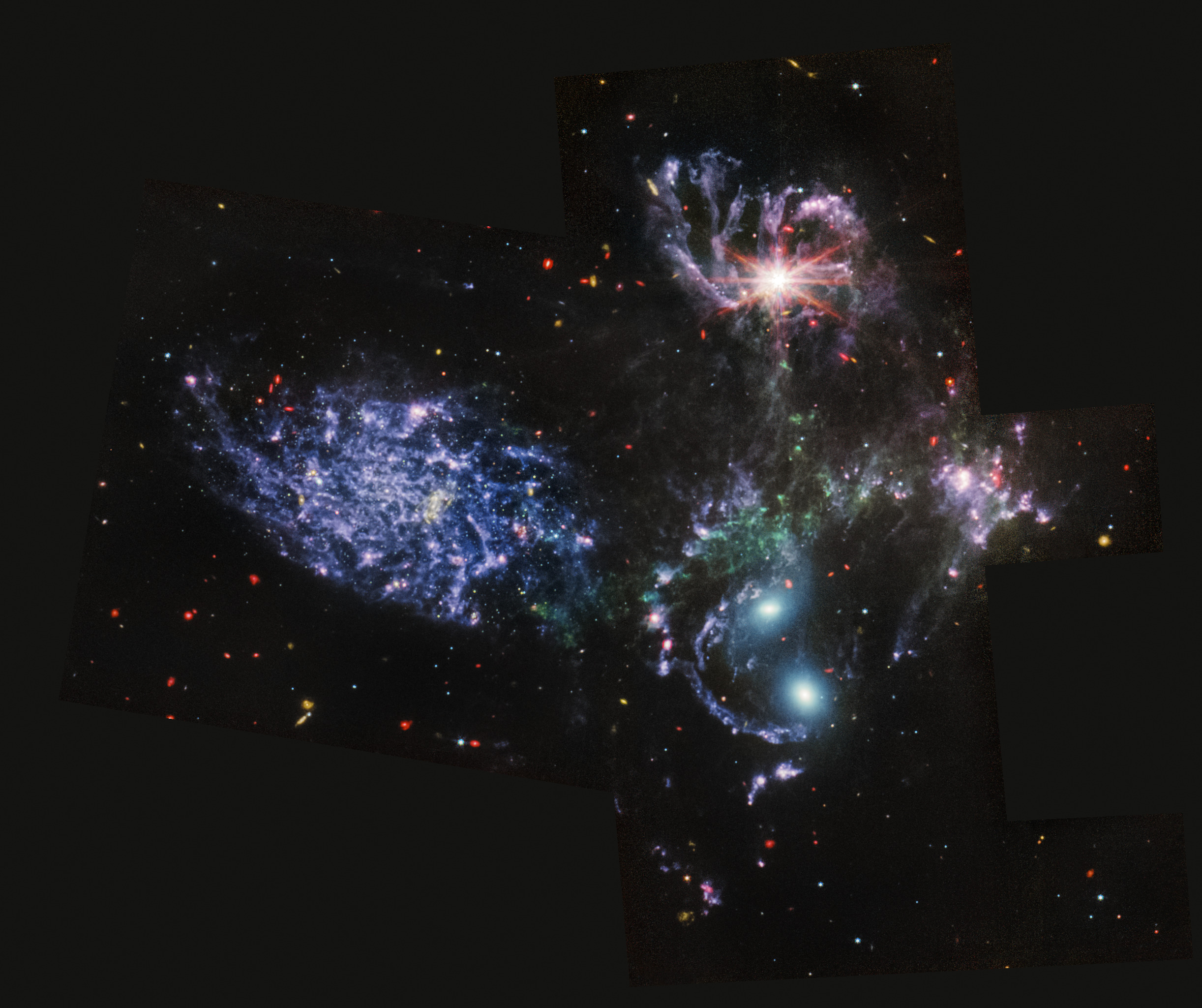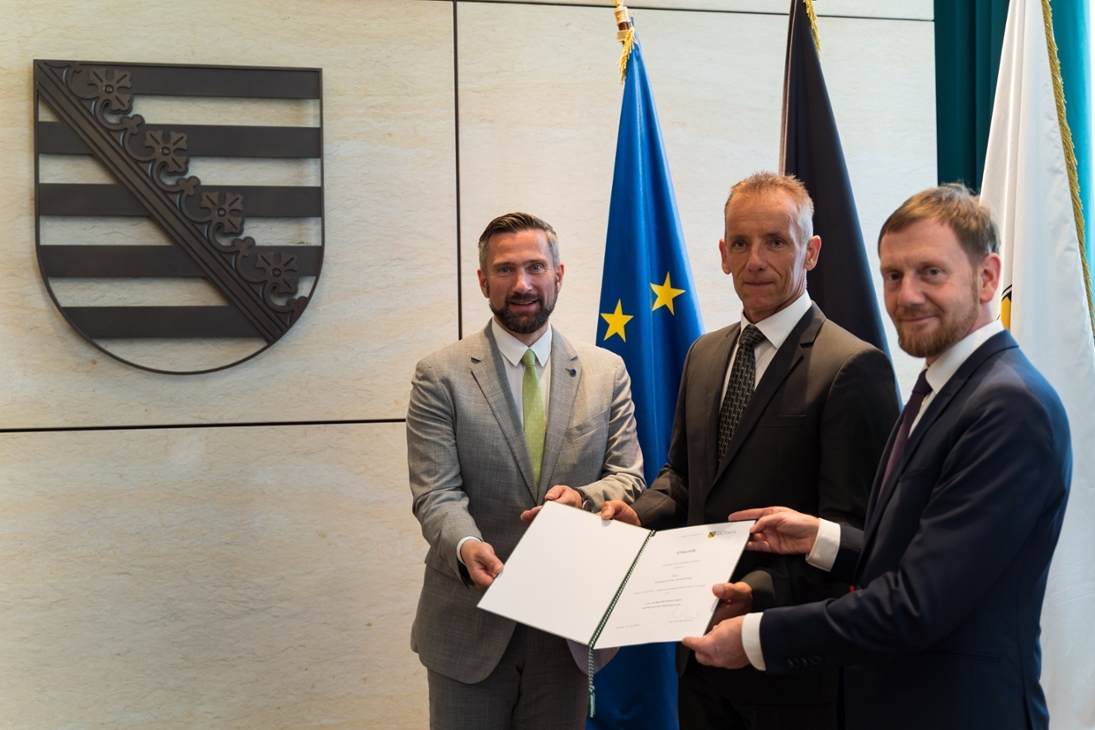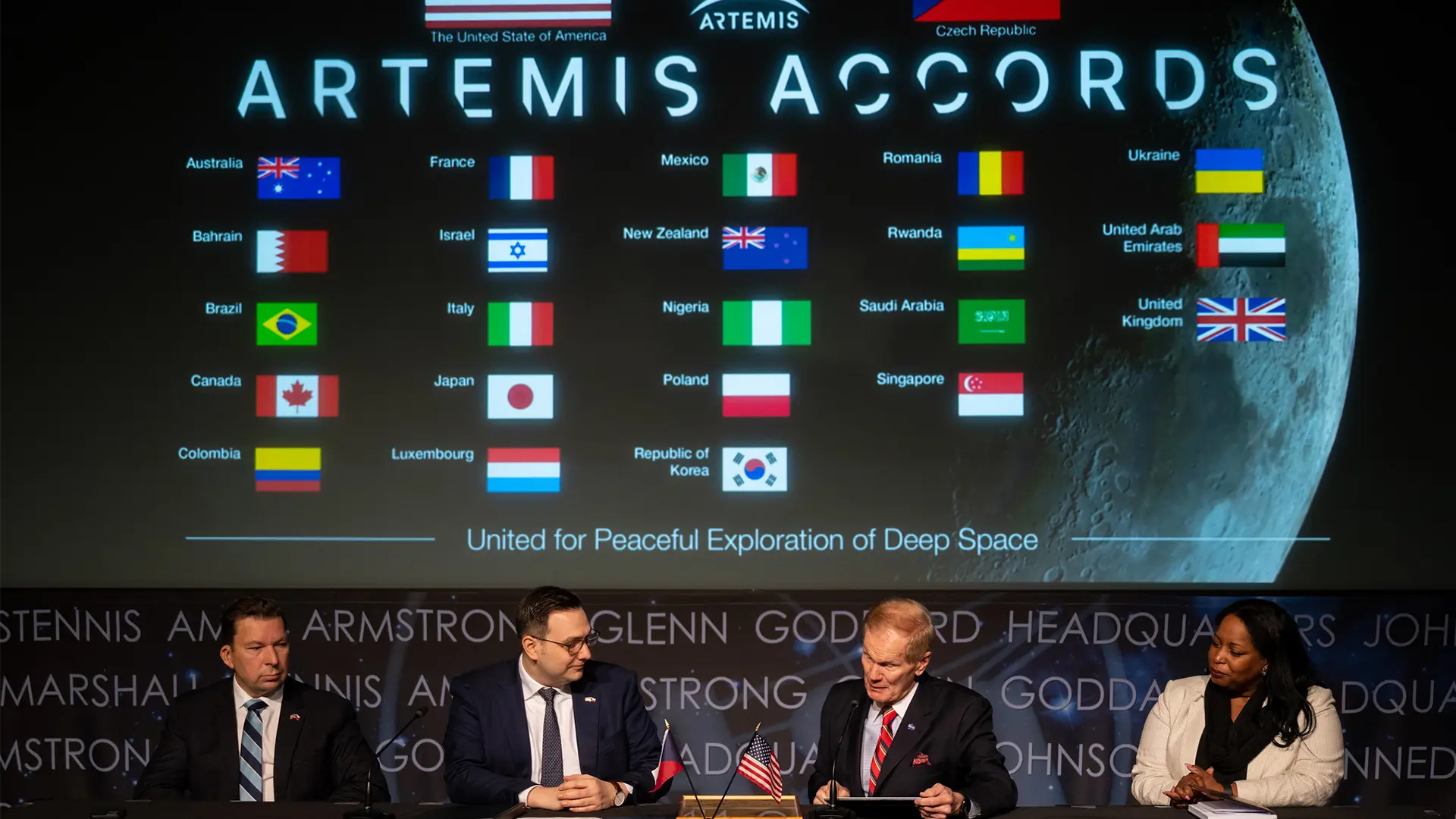
Czech Republic signs Artemis Accords
Published on Thu, 04.05.2023 – 07:05 CEST in Politics, covering NASAThe exploration of space is always a political issue. This is evident not least in the Artemis Accords, which were adopted in 2020 by NASA in coordination with the U.S. State Department. During a ceremony in Washington, D.C., Czech Foreign Minister Jan Lipavský now also signed the agreement. The Czech Republic is thus the 24th country to join the Artemis Accords.
If you believe NASA's marketing, the Artemis Accords are the only guarantee of peaceful space exploration. And indeed, at first glance, the Accords read like a sensible update of the 1967 Outer Space Treaty, a Treaty on Principles Governing the Activities of States in the Exploration and Use of Outer Space, Including the Moon and Other Celestial Bodies, which also entered into force in Germany on February 10, 1971. To date, 110 nations have ratified the Outer Space Treaty, committing themselves to uphold fundamental principles in outer space. These include helping each other in case of emergency, not putting nuclear weapons into space, and not claiming foreign celestial bodies.
Outer space, including the moon and other celestial bodies, is not subject to national appropriation by claim of sovereignty, by means of use or occupation, or by any other means.
Article II, Outer Space Treaty (1967)
Artemis Accords are a bet on the future of humanity in space
As is often the case, the details are where the devil is to be found. For example, Section 10 (Outer Space Resources) states in part, "that the extraction of space resources does not inherently constitute national appropriation under Article II of the Outer Space Treaty, and that contracts and other legal instruments relating to space resources should be consistent with that Treaty". Among other things, this section prevents many countries that are parties to the Outer Space Treaty from joining the Artemis Treaty. On the other hand, there are countries for which the signing of the agreement offers the opportunity to become a space nation. Not only the planned lunar landings as part of the Artemis missions are likely to play a role here, but also access to space resources.
Space mining offers new opportunities - and potential for conflict
It may still sound like science fiction to engage in space mining or to extract raw materials from asteroids. But space mining is becoming more and more relevant in view of the planned permanently inhabited stations on the Moon and, in the future, on Mars. No matter where humans settle in space, without their own water, self-generated oxygen or home-grown food, they will remain dependent on Earth. The same goes for materials for habitat construction, transportation, and tools. Although it is still unclear who will own the resources obtained in space, the countries that have joined the Artemis Accords have the backing of NASA and the US in case of doubt. However, it remains to be seen what this support will be worth in the event of a crisis.
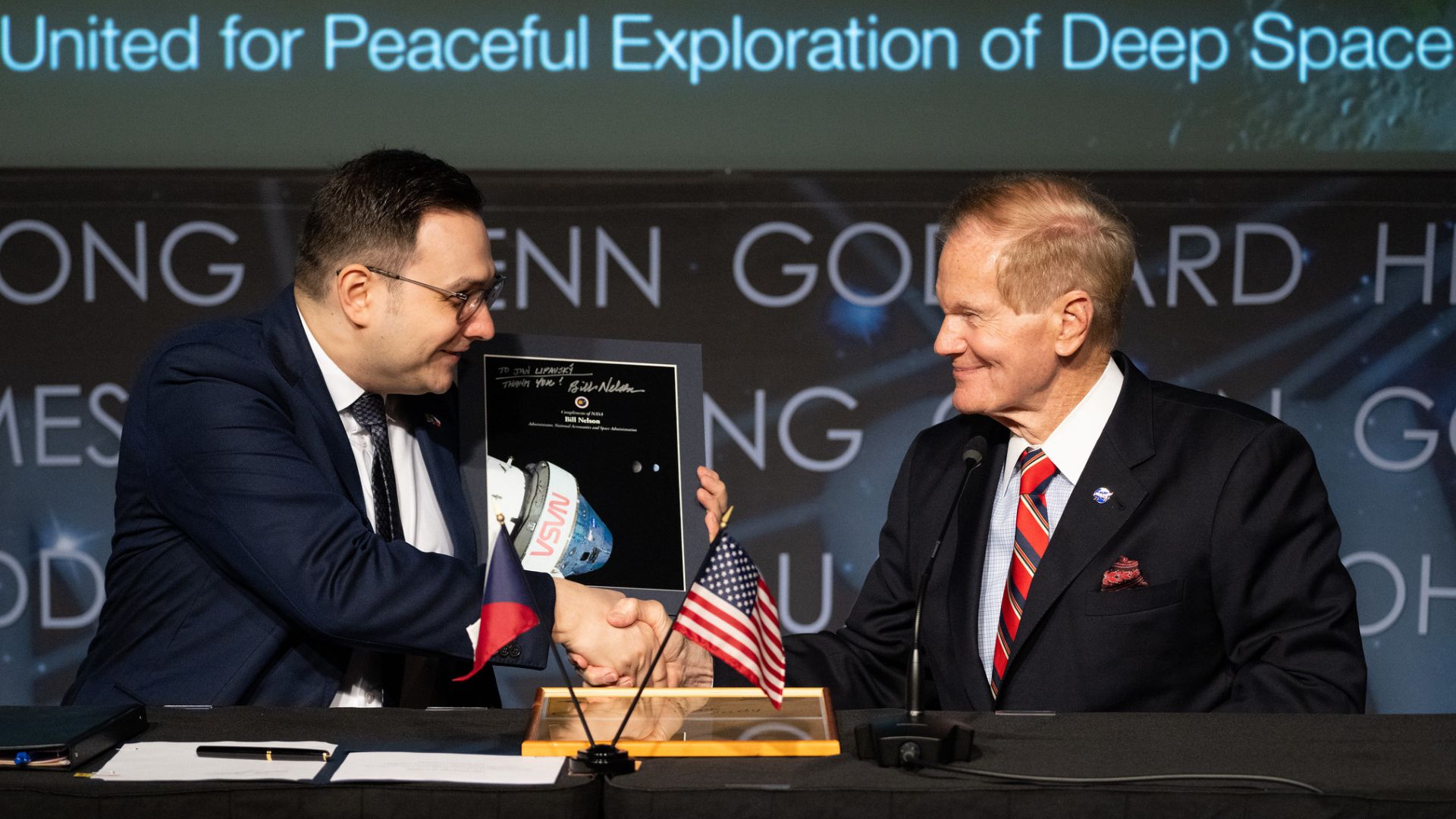
© NASA/Joel Kowsky
Czech Republic expects cooperations in space sector
Certainly, the signatories of the Artemis Accords cannot necessarily be described as a Who's Who of international spaceflight. But each new member potentially increases the chance that a powerful network will be formed. The Czech Republic is also counting on this: "I see it as a historic signature. We are joining our likeminded partners in advancing peaceful, cooperative, and sustainable exploration of space,” said Foreign Minister Jan Lipavský in Washington. “Czechia’s space ecosystem has a lot to offer. We believe that this signature will kick-start the development of an institutional and industrial cooperation within the Artemis community, as well as directly between Czechia and the U.S., in the field of space activities.”
We are living through a golden age of exploration. Gone are the days of one nation exploring the cosmos alone.
NASA Administrator Bill Nelson
NASA administrator, politician and former astronaut (STS-61C) Bill Nelson, meanwhile, does not spare heroic words. According to him, we are not only living in a golden age, but also witnessing the dawn of a new era. "Along with our fellow Artemis Accords signatories, the United States and Czech Republic are setting a standard for 21st century exploration and use of space. As we explore together, we will explore peacefully, safely, and transparently," the 81-year-old said. And by "we" he did not just mean the United States and the Czech Republic. Other countries are expected to join the agreement in the coming months and years. What the economic and scientific benefits will be remains to be seen. But it is already clear that it will be worthwhile, at least from a marketing perspective.
Signatories of the Artemis Accords
| # | Country | Joining |
|---|---|---|
| 1 | United States of America* | Oct 13, 2020 |
| 2 | Australia* | Oct 13, 2020 |
| 3 | Canada* | Oct 13, 2020 |
| 4 | Italy* | Oct 13, 2020 |
| 5 | Japan* | Oct 13, 2020 |
| 6 | Luxembourg* | Oct 13, 2020 |
| 7 | United Arab Emirates* | Oct 13, 2020 |
| 8 | United Kingdom* | Oct 13, 2020 |
| 9 | Ukraine | Nov 12, 2020 |
| 10 | Republic of Korea | May 24, 2021 |
| 11 | New Zealand | May 31, 2021 |
| 12 | Brazil | Jun 15, 2021 |
| 13 | Poland | Oct 26, 2021 |
| 14 | Mexico | Dec 9, 2021 |
| 15 | Israel | Jan 26, 2022 |
| 16 | Romania | Mar 1, 2022 |
| 17 | Bahrain | Mar 7, 2022 |
| 18 | Singapore | Mar 28, 2022 |
| 19 | Colombia | May 10, 2022 |
| 20 | France | Jun 7, 2022 |
| 21 | Saudi-Arabia | Jul 14, 2022 |
| 22 | Rwanda | Dec 13, 2022 |
| 23 | Nigeria | Dec 13, 2022 |
| 24 | Czech Republic | May 3, 2023 |
